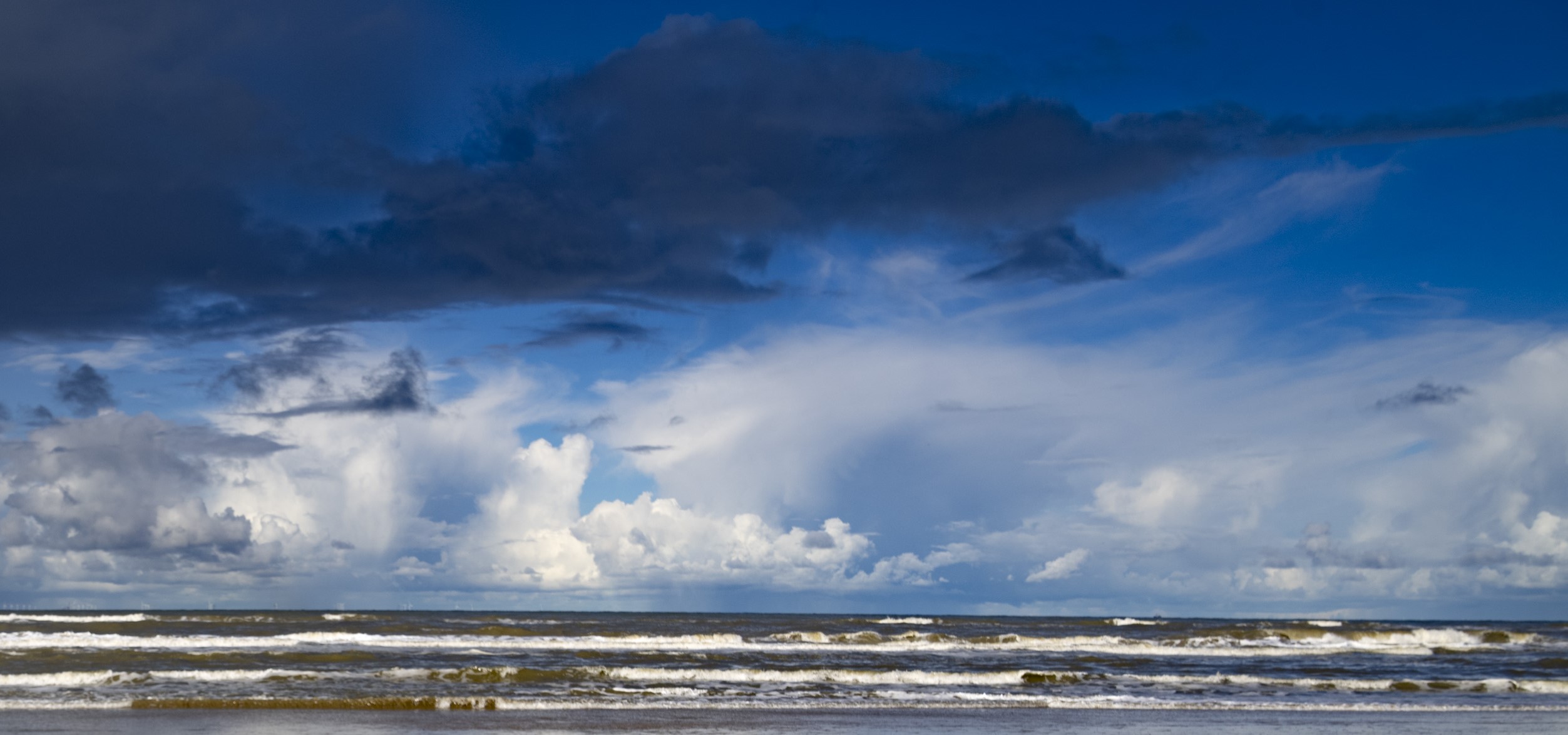Tag: Paper
-
Paper Ten simple rules for getting started on Twitter as a scientist
Twitter is one of the most popular social media platforms, with over 320 million active users as of February 2019. Twitter users can enjoy free content delivered by other users whom they actively decide to follow. However, unlike in other areas where Twitter is used passively (e.g., to follow influential figures and/or information agencies), in…
-
Paper Geoscience on television: a review of science communication literature in the context of geosciences
Abstract Geoscience communication is becoming increasingly important as climate change increases the occurrence of natural hazards around the world. Few geoscientists are trained in effective science communication, and awareness of the formal science communication literature is also low. This can be challenging when interacting with journalists on a powerful medium like TV. To provide geoscience…
